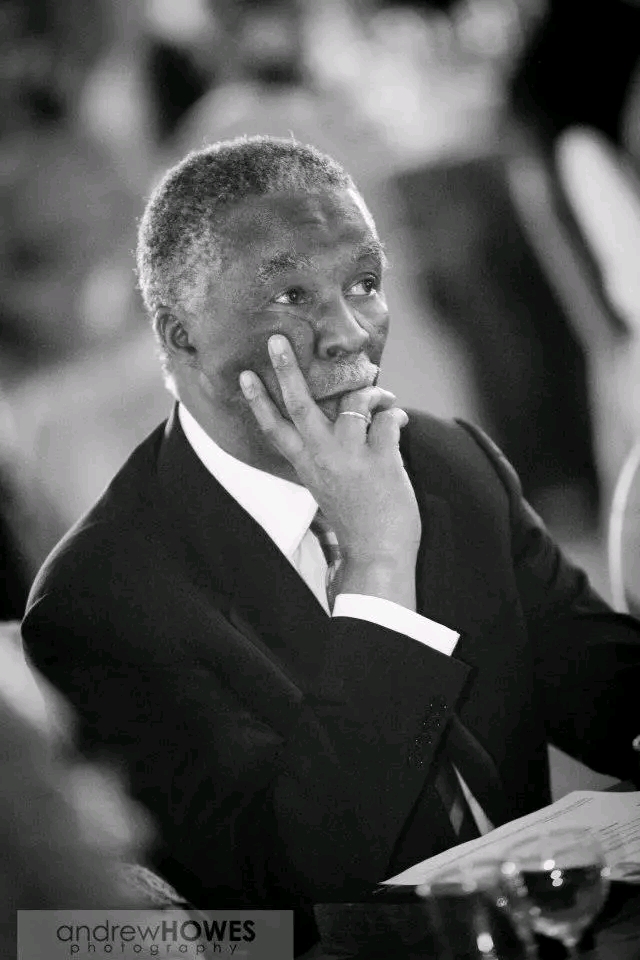By Burnett Munthali
The African Court on Human and Peoples’ Rights (AfCHPR) has rejected a case brought forward by Misozi Charles Chanthunya, a Malawian national currently serving a life sentence for the 2010 murder of his Zimbabwean girlfriend, Linda Gasa. The court dismissed Chanthunya’s claim that his rights to a fair trial were violated by the Malawian judiciary.
According to the Ministry of Justice spokesperson, Frank Namangale, Chanthunya—who was sentenced in 2020 after a high-profile trial—petitioned the African Court, arguing that his conviction involved procedural injustices. He sought both his release and financial compensation for what he alleged were rights violations during the trial process.
Chanthunya’s appeal centered on claims that his right to a fair trial was not respected, citing alleged issues with due process within the Malawian legal framework. However, after a thorough review, the African Court determined that there was no substantial evidence indicating that his trial had been compromised. The court ruled that the Malawian judicial system had followed appropriate procedures and upheld the principles of justice, effectively denying Chanthunya’s appeal.
- ERFA Hails First-Year Gains, Doubles Team Subventions Amid Refereeing Concerns
- MCP member urges government to speed up Chilima’s death investigations
- Beyond Borders: Culture Weaves Us Together
- City Keep Title Heat On Arsenal After Narrow Win at Elland Road
- NBS Bank commits K5 billion to BEAM sanitation drive
Representing the Malawian government in this case were Neverson Chisiza and Francis MacJessie from the Attorney General’s Chambers, who argued that the original trial had adhered to established legal standards.
The decision reaffirms the authority of Malawi’s judicial system, with the African Court’s dismissal underscoring the legitimacy of Chanthunya’s conviction. Chanthunya remains incarcerated, serving his life sentence, marking the conclusion of his legal avenues for appealing his sentence on human rights grounds.



